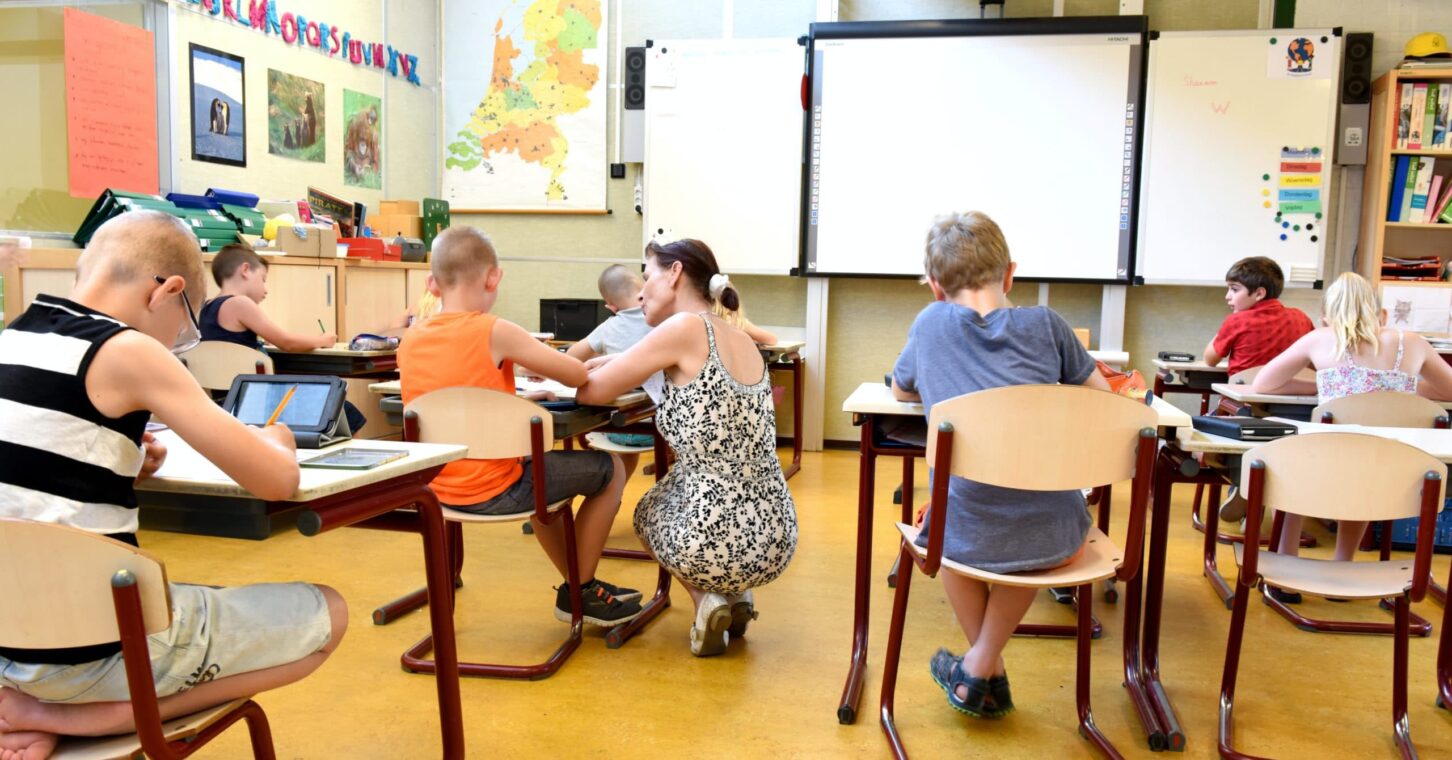
Georgia lawmakers once again are considering legislation to give more education options to families. The catch this year is that there are two such bills, seemingly dueling proposals trying to win over legislators.
Which is funny, because both bills have the same author.
Rep. Wes Cantrell, R-Woodstock, introduced the Georgia Educational Freedom Act last month with a bipartisan list of co-sponsors. But, he’s also still advocating for his proposal from last year, the Georgia Promise Scholarship Act, which the House Education Committee approved this month.
Cantrell hasn’t publicly favored either bill over the other. He simply wants to help the many families who find themselves in need of a different option for their children, but unable to afford it. Given the many contemporary controversies in education, he said options are needed now more than ever.
“There are a lot of hot-button issues in education right now, but school choice would effectively address every single one of those issues, and any that would come up in the future,” Cantrell told me, “be it critical race theory, be it obscenity, be it Covid protocols.
“If we had school choice, parents would be able to deal with any of those, or anything else in the future.”
Still, a question for many observers is: Which bill is better?
As someone who has followed this issue for more than a decade, I think that isn’t the most important question.
The most important question is how much better off students would be under either proposal than under a “do nothing” status quo.
Both bills, despite their different titles, would create Promise Scholarship Accounts in which the state would deposit about $6,000 per year for students.
Do nothing, and the amount is zero.
The most significant difference between the bills concerns who qualifies. Both would be open only to students attending a public school. The Georgia Promise Scholarship Act would have no other student qualifications, making it available to all enrolled in public schools. The Georgia Educational Freedom Act has other student qualifications, related to family income, performance of their public school, being part of a foster or military family, or having an Individualized Education Program (IEP) or one of 21 diagnosed conditions, such as autism.
But in terms of the program’s availability, the difference from those additional qualifications might be smaller than you think. An estimated 70% of Georgia students qualify under the income test (which is the same income limit as for the Obamacare subsidies for health insurance). About 10% of Georgia students attend a school that qualifies due to poor performance. Hundreds of thousands of students have an IEP and/or one of the relevant conditions. There are thousands of children in the foster-care system, not counting adoptees, and tens of thousands in active-duty military families. Even allowing for overlap among some of these groups, it’s not unreasonable to think at least 80% of students would qualify.
Do you know how many qualify if there is no program? None.
That’s not to say all qualifiers would get a Promise Scholarship Account under either plan. The Georgia Educational Freedom Act is limited to 0.25% of students in the first year (about 4,350) and would grow annually until hitting 2.5%. The Georgia Promise Scholarship Act has no cap but would need a legislative appropriation; realistically, the program could probably expect to get funding for roughly the same number of students.
Again, if neither bill passes, no students will gain access to choices.
Both programs would cover the same range of services for private schools and homeschooling. Both would limit expenditures to approved uses and vendors. Both would allow unused funds to roll over, including for use at a Georgia college upon high school graduation. Both have identical requirements for participating private schools and students.
Do nothing, and none of that happens.
Choosing the right proposal is an important task for lawmakers. But either one would be a clear-cut winner over doing nothing.
